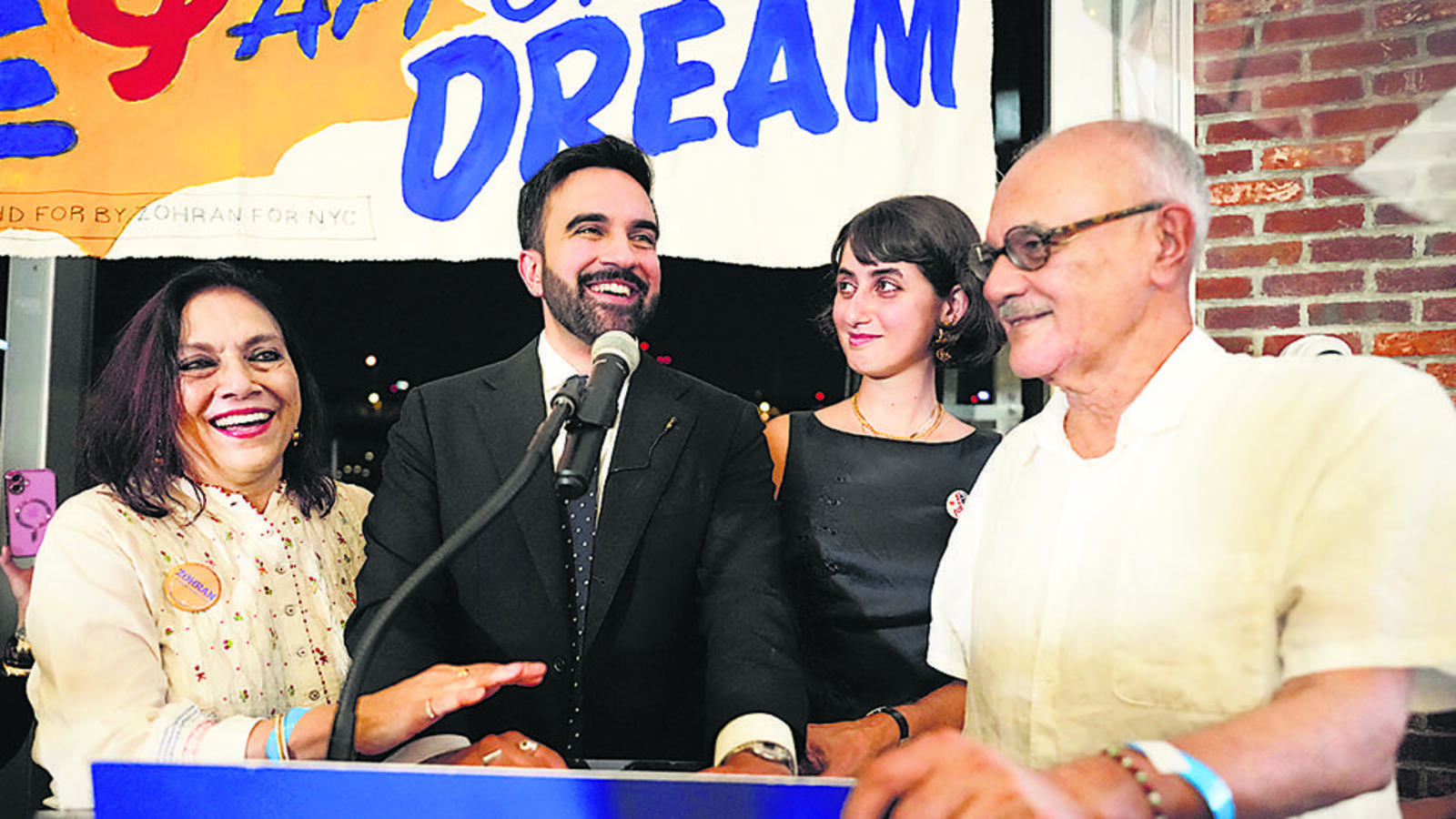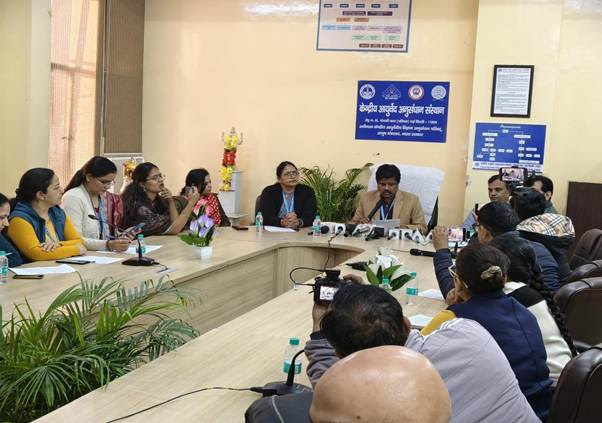Now Reading: Indian-Origin Politician Zohran Mamdani Sparks Debate in New York Mayor Race, Faces Criticism from Republicans
-
01
Indian-Origin Politician Zohran Mamdani Sparks Debate in New York Mayor Race, Faces Criticism from Republicans
Indian-Origin Politician Zohran Mamdani Sparks Debate in New York Mayor Race, Faces Criticism from Republicans

Indian-origin New York Assemblyman Zohran Mamdani has found himself at the center of a growing political controversy in the run-up to the city’s 2025 mayoral elections. His vocal support for Palestinian rights and criticism of US foreign policy has drawn sharp reactions from Republican leaders, raising questions about the role of international issues in local American politics.
Who is Zohran Mamdani?
Zohran Mamdani, born in Uganda to Indian parents and raised in the United States, is a member of the New York State Assembly representing Astoria, Queens. Known for his progressive stance and grassroots activism, Mamdani has been a strong advocate for housing rights, public services, and global justice issues.
He is also the son of acclaimed filmmaker Mira Nair, and his rising popularity among young, diverse voters has made him a prominent face in New York’s changing political landscape.
What Sparked the Controversy?
The current debate was triggered after Mamdani criticised US support for Israel during its ongoing conflict with Palestine. His comments, while in line with his long-held political views, were quickly picked up by Republican leaders who accused him of undermining American interests and using foreign conflicts to polarise local communities.
Supporters, however, argue that he is simply exercising his right to free speech and standing by his commitment to human rights, even when the issue lies beyond domestic borders.
Republican Backlash and Political Implications
Conservative voices in New York have used Mamdani’s remarks to question the Democratic Party’s direction, especially its younger, progressive wing. Some have even called for his disqualification from future leadership positions, suggesting that his views do not align with American values.
This backlash could affect Mamdani’s influence within the party and may influence voter sentiment as the city moves toward a heated mayoral race.
Why Indian Audiences Are Watching
For many Indians, especially in Tier 2 cities like Lucknow, Coimbatore, and Bhubaneswar, Mamdani’s political journey is a point of pride and curiosity. As a second-generation Indian making waves in international politics, his rise reflects the broader diaspora’s growing impact on global leadership roles.
His stance on global justice also resonates with socially conscious Indian youth, who closely follow international debates on social media.
Conclusion
Zohran Mamdani’s recent comments have once again highlighted the fine line between local politics and global issues in American public life. As he continues to navigate criticism and support, his journey underscores the increasing complexity of modern politics—where identity, values, and diplomacy often intersect in unexpected ways. For Indian-origin observers and international audiences alike, Mamdani remains a figure to watch.

























